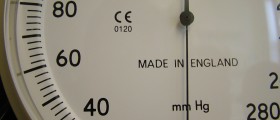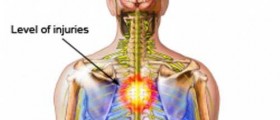
Information on Diuretics
Diuretics are certain types of medications whose main purpose is to remove the fluids from the human body through urination, that is why they are also sometimes referred to as water pills. They can also be used for the treatment of certain medical conditions such as edema, kidney diseases, liver cirrhosis, heart failure and high blood pressure. Diuretics are very efficient when it comes to removal of fluids and salts which are known for lowering the volume of blood. Diuretics are very cheap and they can also be used for the prevention of certain severe medical conditions such as blood clots, bone fractures, obesity and stroke, although one should never use diuretics to lose weight because it may be very dangerous. The weight loss triggered by diuretic is a temporary thing and it may lead to severe dehydration. Diuretics can be associated with numerous different types of side effects such as impotence in men, high levels of sugar in the blood, indigestion and potassium deficiency. Potassium deficiency may lead to further medical complications such as arrhythmias. The best natural diuretics are cranberries, oats, tomatoes and asparagus.
How do Diuretics Work?
The purification of the kidneys involves two stages. The first stage includes the removal of water, various minerals and waste products from the blood. The second stage involves the return of salts and water to the bloodstream while all the waste products get expelled in the form of urine. Improper functioning may interfere with these processes and trigger various health problems.
Side Effects of Diuretics
There are three major types of diuretics and they are thiazides, loop diuretics and potassium sparing diuretics. The initial side effects of thiazide diuretics may include loss of appetite, weakness, itching, stomach upset, blurred vision and headaches. More serious side effects of thiazide diuretics may include nausea, muscle cramps and vomiting and they require immediate medical attention. Thiazide diuretics may also be associated with certain allergic reactions which may be characterized by symptoms such as skin rash, difficulty breathing, dizziness and itching. Loop diuretics are commonly affiliated with light headedness and dizziness. They may also disturb the balances and levels of potassium and certain other types of electrolytes present in the human body. Other side effects may include increased levels of uric acid, lethargy, high levels of sugar in the blood, low levels of magnesium in the blood, drowsiness, decreased urination, loss of appetite, dry mouth, diarrhea, excessive thirst, nausea, gout, vomiting, jaundice, fatigue, temporary loss of hearing and confusion. Side effects of potassium sparing diuretics may or may not include irregular heartbeat, breathing problems, confusion, nervousness, numbness, unusual tiredness, heavy feeling in the legs and overall weakness.

















Your thoughts on this
Loading...